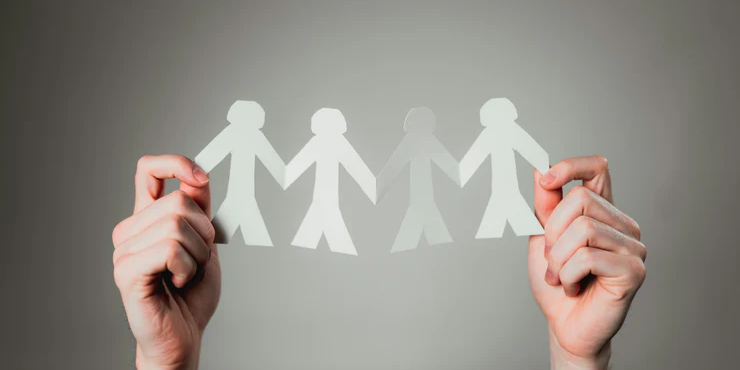In Denmark, if a person with a disability applies for a grant for assistive devices or additional expenses, the municipality may choose to refuse the application, regardless of whether the person is actually entitled to the grant.
The applicant then has two options - either to give up or to appeal the decision and then await a decision from the National Social Appeals Board.
The processing time at the National Social Appeals Board is currently 5 months (source: ast.dk).
Horrible reading
The overturns rates shown in the table below should really concern us, because it is clear to everyone that with such high overturns rates, people in need of help are getting stuck in our system.
The truth is that we live in a country with intentions on how to treat people with special needs, we have a Service Act that must be respected and the whole mindset is originally made in the best of intentions - of course. But the truth is unfortunately also that people with disabilities and their relatives end up physically and mentally broken because they ask for their rights and are then bullied and in the worst case tyrannized in a public system for years.

Source: The Danish Social Appeals Board's portal
At the end of January this year, Minister for Social Affairs and Housing Pernille Rosenkrantz-Theil announced on the TV programme Go'morgen Danmark (Go'morgen Danmark 30 January 2023, TV2) that action is now being taken in the disability area by specializing caseworkers in the municipalities and centralizing case processing.
Is this really about the skills of the caseworkers, or are the many rejections due to the fact that for many years caseworkers have been dictated the economic angle as being more important than the human angle?
Many citizens have an attitude that people with disabilities are lucky to live in Denmark, where they can get help, but what few people know is that the reality is often quite different. Many children and adults with disabilities and their caregivers end up in a powerlessness where they have to settle for half solutions, even though it is completely meaningless and obviously means that everyday life is not coherent. More and more people are therefore succumbing, with the result that we as a society are drawing more people than necessary into public assistance (source: tvmidtvest.dk). Why not use the money differently and better?
The fact is that 10-15% of our population suffers from a disability to a lesser or more severe degree (source: danskhandicapforbund.dk) and then there are the relatives who slowly but surely get scars on their souls over the years, so we are talking about a large group in our society that we treat indecently and we cannot afford to do so in 2023!
Deliberately incorrect case handling - without consequences
The statistics below show that 18-19,000 cases are appealed annually - and here we must remember that not everyone can handle or know how to appeal - so the figure should be much higher. Many have legal expenses, but regardless, there are no consequences for the municipality when they lose a case. No penalty for deliberately incorrect case handling, even if a citizen has been kept waiting for weeks, months or even years and has not received the help they were entitled to.

Source: ast.dk
The fact that there is a real problem in case processing in general has just been highlighted by the Association for Equal Terms. In an upcoming trial, they will help 25 families with their cooperation with the municipality, because far too many are getting stuck (source: https://forlige.dk/om-os/undersogelser).
We must change the human attitude in the municipalities and we can only do this by ensuring that the financial basis is in place. If/when the government does not present concrete measures, it is an acceptance of the current situation.
There are many solutions - but only financial means will help
If you drive too fast on public roads, you have to pay a fine and a contribution to a victim fund. We could consider a similar model in the area of disability.
From the statistics shown, we can see that on average 30.2% of citizens are successful in their claim that the case was wrongly decided.
Why not introduce a fine of a fixed amount of DKK 25,000 to be paid by the municipality when the case is lost and a requirement that they must also pay the citizen's costs for any legal assistance?
With the reversal rates shown, we would then generate an annual fund of DKK 139 million that could be used to develop the disability area and we could even consider a 'victim payment', but most importantly, we would restore human respect for a minority group that for too many years has had to fight for acceptance in society.







